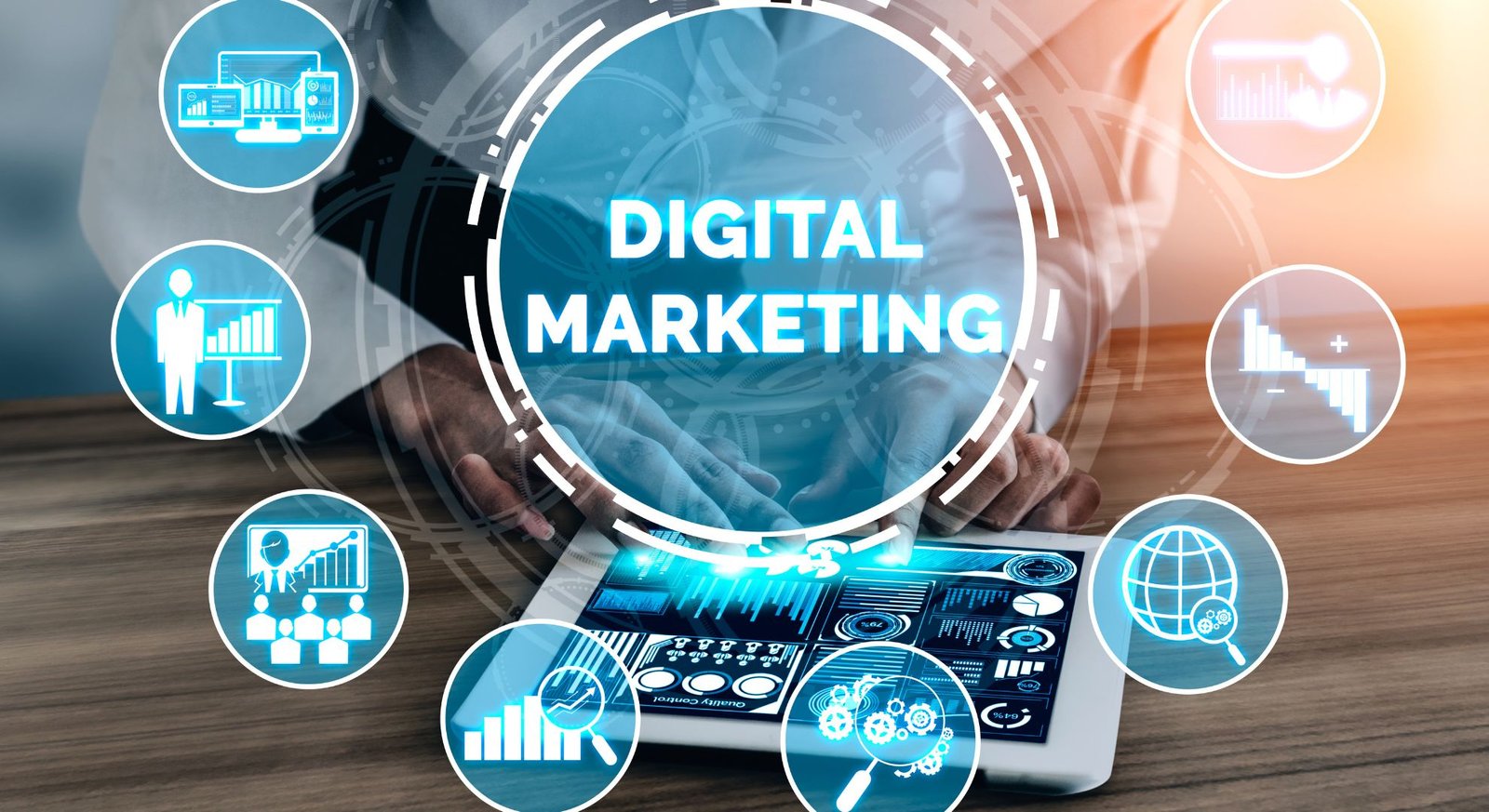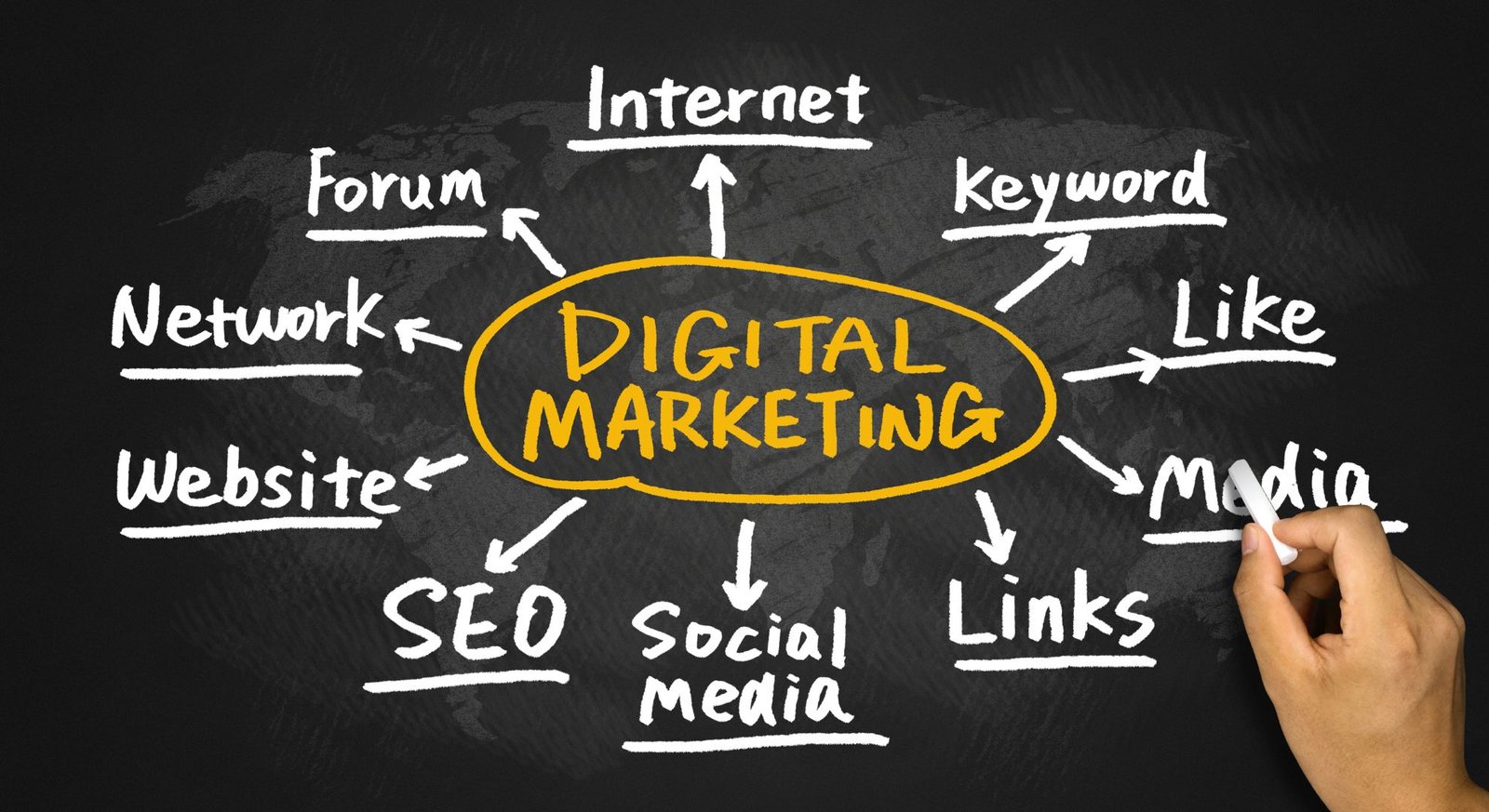Why Do Businesses Need Digital Marketing Analytics?

Imagine you own a coffee shop. You spend hours creating the perfect menu, choosing the best beans, and training your baristas to craft incredible drinks. But when it comes to marketing, you're just guessing. You post a few social media posts, run an paid ads, and hope for the best.
What Is Digital Marketing Analytics?
Digital marketing analytics collects, analyses, and uses data from online campaigns. It helps businesses understand what's working and what's not. Without it, companies are flying blind, wasting time and money on strategies that might not work.
But let's be honest. The term "analytics" sounds intimidating. It brings to mind spreadsheets, graphs, and endless numbers. The good news? You don't have to be a math genius to make
A lot of businesses get overwhelmed by data. They track page views, clicks, impressions, and bounce rates until they're drowning in numbers. However, the secret is focusing only on the metrics that drive sales.
How Digital Marketing Analytics Saves Money

A small business owner named Jake ran a Facebook ad campaign for his handmade furniture. He set a budget of $1,000 and got thousands of clicks. But at the end of the month, he had barely made any sales. What went wrong?
With digital marketing analytics, Jake could have seen that most of his clicks came from people outside his target audience. He was paying for traffic that would never turn into customers. After adjusting his campaign to target people interested in buying, his sales tripled without increasing his ad budget.
Understanding Customer Behavior
Knowing what your clients want before they even tell you is one of the biggest benefits of digital marketing analytics. Take Sarah, for example. She owns a fitness coaching business. She observed that people were spending a lot of time on her website reading meal planning blog pieces, but they weren't enrolling in her coaching program. Using analytics, she saw that many of them were searching for free meal plans.
So, she created a free meal plan as a lead magnet and promoted it. In exchange for the free resource, visitors had to enter their email addresses. Within a month, her email list grew by thousands, and many of those people later became paying clients.
The Role of A/B Testing
Ever wonder why some ads perform better than others? Sometimes, the slightest change can make a huge difference.
A local bakery tested two versions of an Instagram ad—one with a picture of a cake and another with a picture of a happy customer holding the exact cake. The second ad got 40% more engagement. Without analytics, they would have never known which ad was more effective.
A/B testing allows businesses to compare different strategies and choose the best one. It removes the need for gut feelings and replaces them with actual results.
How Big Brands Can Face Off Against Small Businesses
Big companies have million-dollar marketing budgets. Small businesses don't. But digital marketing analytics levels the playing field.
Take a local bookstore competing against giant online retailers. The bookstore owner uses analytics to see which social media posts drive the most engagement. She notices posts featuring staff book recommendations get the most likes and comments. So, she doubled down on that strategy, and her store gained a loyal following.
Meanwhile, a competitor without analytics posts random content that doesn't resonate with customers. Over time, the bookstore owner wins more customers—not by spending more, but by being more innovative with her marketing.
Practical Steps to Start Using Digital Marketing Analytics

Set Clear Goals
Before diving into analytics, know what you want to achieve. Are you trying to increase sales, boost website traffic, or get more social media engagement? Defining your goals helps you track the right metrics.
Use Free Tools
Google Analytics, Facebook Insights, and other free tools provide valuable data. You don't need expensive software to get started.
Track the Right Metrics
Avoid vanity metrics like likes and views unless they lead to actual conversions. Focus on sales, email sign-ups, and customer retention rates.
Test, Adjust, Repeat
Marketing isn't a one-and-done process. Run tests, analyze the results, and keep improving. Even minor tweaks can lead to significant gains.
Stay Consistent
Analytics work best when tracked over time. Checking your data once a year won't help. Make it a habit to review your marketing performance regularly.
Businesses that rely on guesswork will always struggle. Those who use digital marketing analytics will grow faster, spend less, and understand their customers better.data that works for you.
FAQs
1.Why is digital marketing analytics important for small businesses?
Digital marketing analytics helps small businesses optimize their marketing budget, understand customer behavior, and improve conversion rates without wasting resources.
2.What are the key metrics to track in digital marketing analytics?
Important metrics include conversion rates, customer acquisition costs, bounce rates, click-through rates, and engagement levels.
3.How can businesses start using digital marketing analytics?
Businesses can start by defining clear goals, using free tools like Google Analytics, tracking meaningful metrics, and consistently testing and optimizing their strategies.
4.Can digital marketing analytics help reduce ad spend?
Yes, analytics can identify which campaigns are effective and which are not, allowing businesses to adjust their strategies and reduce wasted ad spend.
5.What are the best free tools for digital marketing analytics?
Popular free tools include Google Analytics, Facebook Insights, Google Search Console, and Ubersuggest for SEO tracking.
- Образование
- Course
- Books
- Drawing
- Раздел
- Film
- Fitness
- Food
- Игры
- Gardening
- Health
- Главная
- Literature
- Music
- Networking
- Другое
- Programming
- Religion
- Shopping
- Sports
- Curriculm
- Wellness


